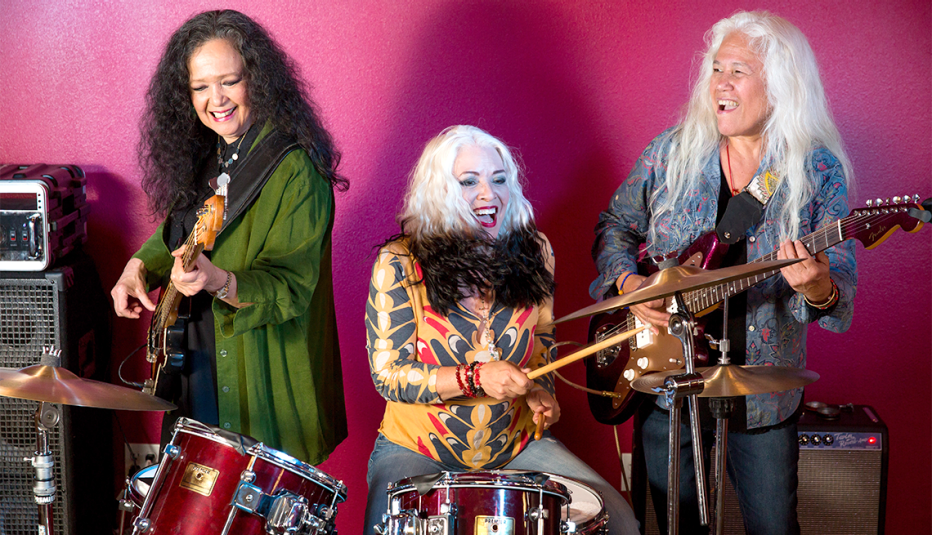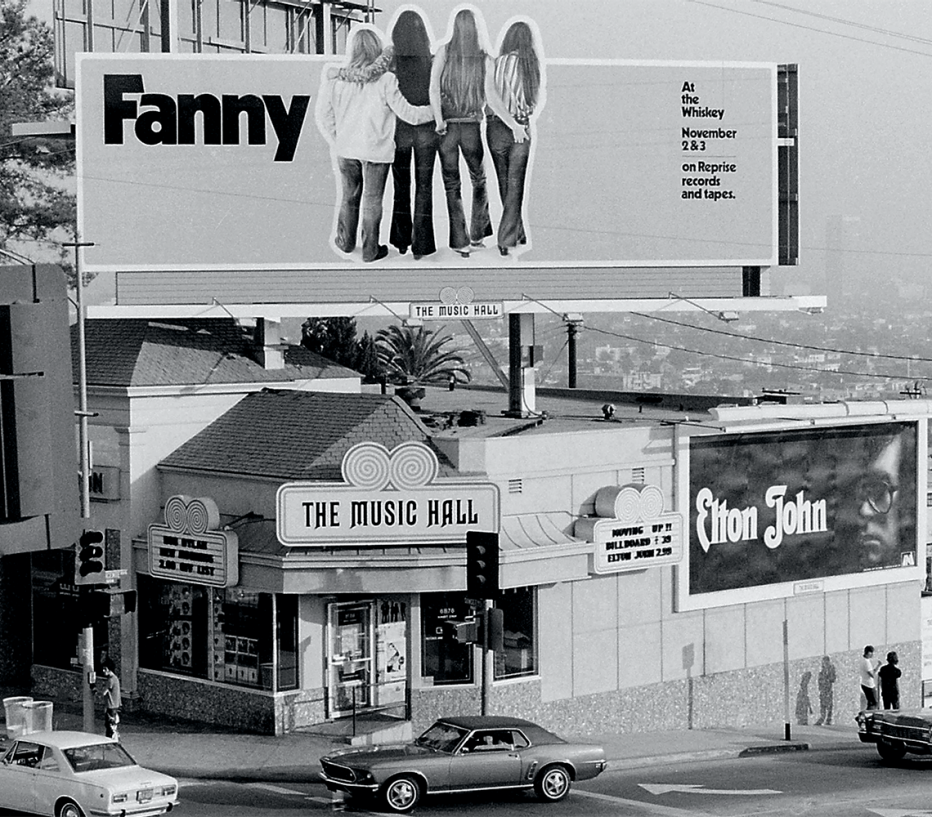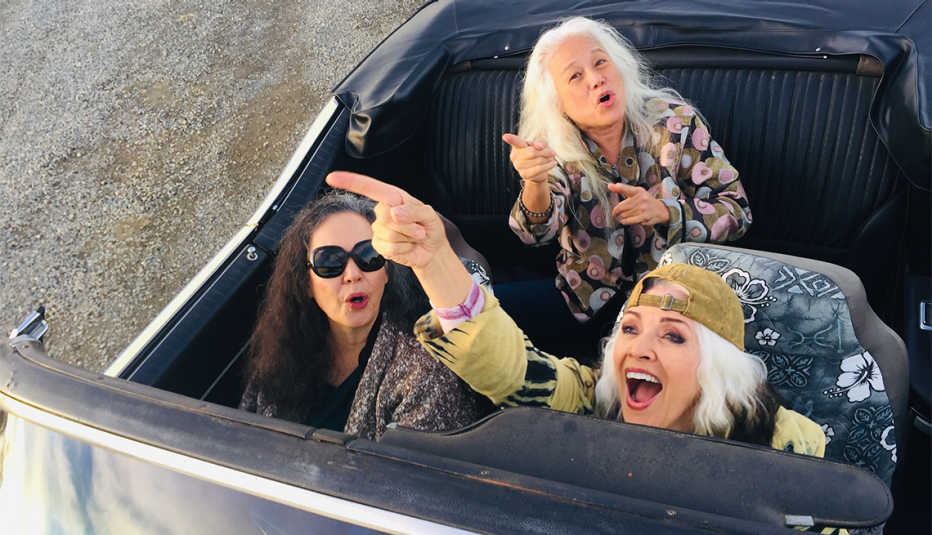Staying Fit


When rock band Fanny formed in California in 1970, the members were in their early 20s and there wasn’t much discussion about being of Filipina heritage. Sisters June and Jean Millington immigrated to California from the Philippines, but their heritage wasn’t a focus.
“We weren’t thinking about we’re half Filipino,” says Jean Millington, founding member and bassist of Fanny, in an interview with AARP to commemorate Asian American and Pacific Islander Heritage Month. “We were struggling to make it as women in the music business. That did not enter into our consciousness at the time.”


AARP Membership— $12 for your first year when you sign up for Automatic Renewal
Get instant access to members-only products and hundreds of discounts, a free second membership, and a subscription to AARP the Magazine.
June Millington, Fanny founding member and lead guitarist, agrees. “We were conditioned to not really think about talking about being Asian American or Filipina American or AAPI,” she says. “We didn’t even mention it. But I’m so glad that it seems to be something that’s important to people now.”
As part of AAPI Heritage Month, Fanny will perform at the Center for Asian American Media’s CAAMFest — an exhibition of Asian American and Asian films. AARP is a supporter of the performance. A documentary about the band is set to premiere on PBS.
Breaking barriers
Brie Darling’s mother wanted her children to fit in after the family migrated to California from the Philippines, so Darling, a Fanny drummer, didn’t learn her mother’s language or culture. “I didn’t really know that I was Asian or Asian American,” Darling says, but she knew she was different. She felt there wasn’t room for people who looked like her with her mixture of European and Asian features. “I do feel though that at the time, a lot of minorities, and especially Filipinos and especially Filipino Americans, were not even recognized.”
Fanny — originally the Millingtons, Alice de Buhr and Nickey Barclay — was the first all-female band to release an album on a major record label. The group released four albums with Reprise Records, including Charity Ball (the title song hit number 40 on Billboard’s Top 100 chart in November 1971) and Fanny Hill. “Butter Boy” from the album Rock and Roll Survivors (Casablanca Records) reached number 29 on Billboard’s chart in 1975.


There were various members at different times. Darling joined Fanny as the drummer when de Buhr left in 1973; Patti Quatro played lead guitar after June Millington left the band. Although the group was an inspiration for female rock bands such as The Go-Go's and The Bangles, initially, Fanny wasn't taken seriously in the music business.
“To be a woman musician, I might as well have said, ‘I’m going to walk on the moon,’ ” June Millington says. “There was no room in their sort of mental paradigm for us to walk in with our electric guitars and bass and drums, right? There was no room that we belonged in, so we had to create that room” by continuing to perform.



































































More From AARP
Olivia Newton-John’s Duet Partners Share Memories of Her New Duets Album ‘Just the Two of Us’
Dolly Parton, Richard Marx and Olivia’s daughter share fond memories of making her last record together
Ann-Margret, 81, Tells All About Her First Rock Record, ‘Born to Be Wild’
She sings duets with stars including Pete Townshend and Pat Boone, who share their reunion stories
Willie Nelson Hits the Road (Again) at 90
The age-proof musical legend tells AARP about his new album, tour and all-star Hollywood Bowl birthday concert